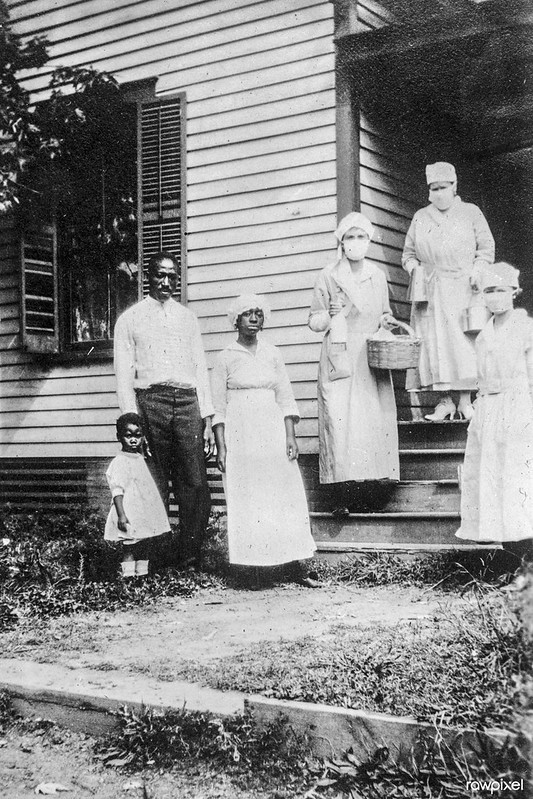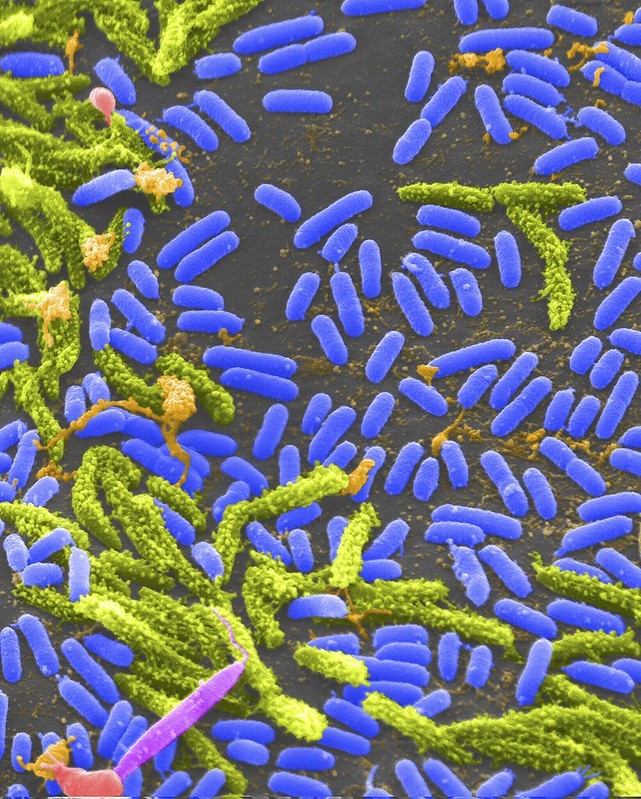
Echoing patterns observed amid COVID-19, historical data from a Swiss maternal hospital reveal a significant rise in low birth weight (LBW) and stillbirth during and after the 1918 flu pandemic, according to a study published yesterday in PLOS One.
University of Zurich researchers evaluated changes in birth weight, gestational age, and stillbirth rates at the Bern Maternity Hospital every 5 years from 1880 to 1900 and every year from 1914 to 1922. A total of 1,530 and 6,924 births were recorded before and during/after the flu pandemic, respectively.
The team used linear regression models to estimate the effect of birth year on birth weight and logistic regression models to estimate the effect of birth year and exposure to flu on premature birth, stillbirth, and LBW.
"It is estimated that nongenetic maternal and environmental factors account for 60–70% of the variation in birth weight," the authors wrote. "In contrast to adult height, birth weight is a more direct measure of nutritional status at the time of measurement (as it mirrors the inherited, biological and environmental influences over nine months of gestation)."
Double the risk of stillbirth in pandemic
Average birth weight increased slightly between the two periods (range, 3,058 grams (6.7 pounds) in 1895 to 3,172 grams (7.0 pounds) in 1921, but stillbirth rates fell markedly, ranging from 3.3% to 6.4% in 1914 to 1922, and preterm birth rates dropped to 13% to 16% in 1914. Infant sex, number of previous pregnancies, gestational age, and maternal age were significantly tied to birth weight during both periods.
This urges us to better prepare for future pandemics to mitigate their effects on maternal and neonatal health.
Compared with 1914, the odds of LBW rose significantly in 1918 (odds ratio [OR], 1.49) and 1919 (OR, 1.55). Mothers exposed to flu during pregnancy were at double the risk for stillbirth (OR, 2.27). The data on flu infection during pregnancy were imprecise and thus didn't allow individual-level conclusions.
"Pandemics are increasingly reported to negatively influence pregnancy outcomes," the study authors wrote. "This urges us to better prepare for future pandemics to mitigate their effects on maternal and neonatal health."












